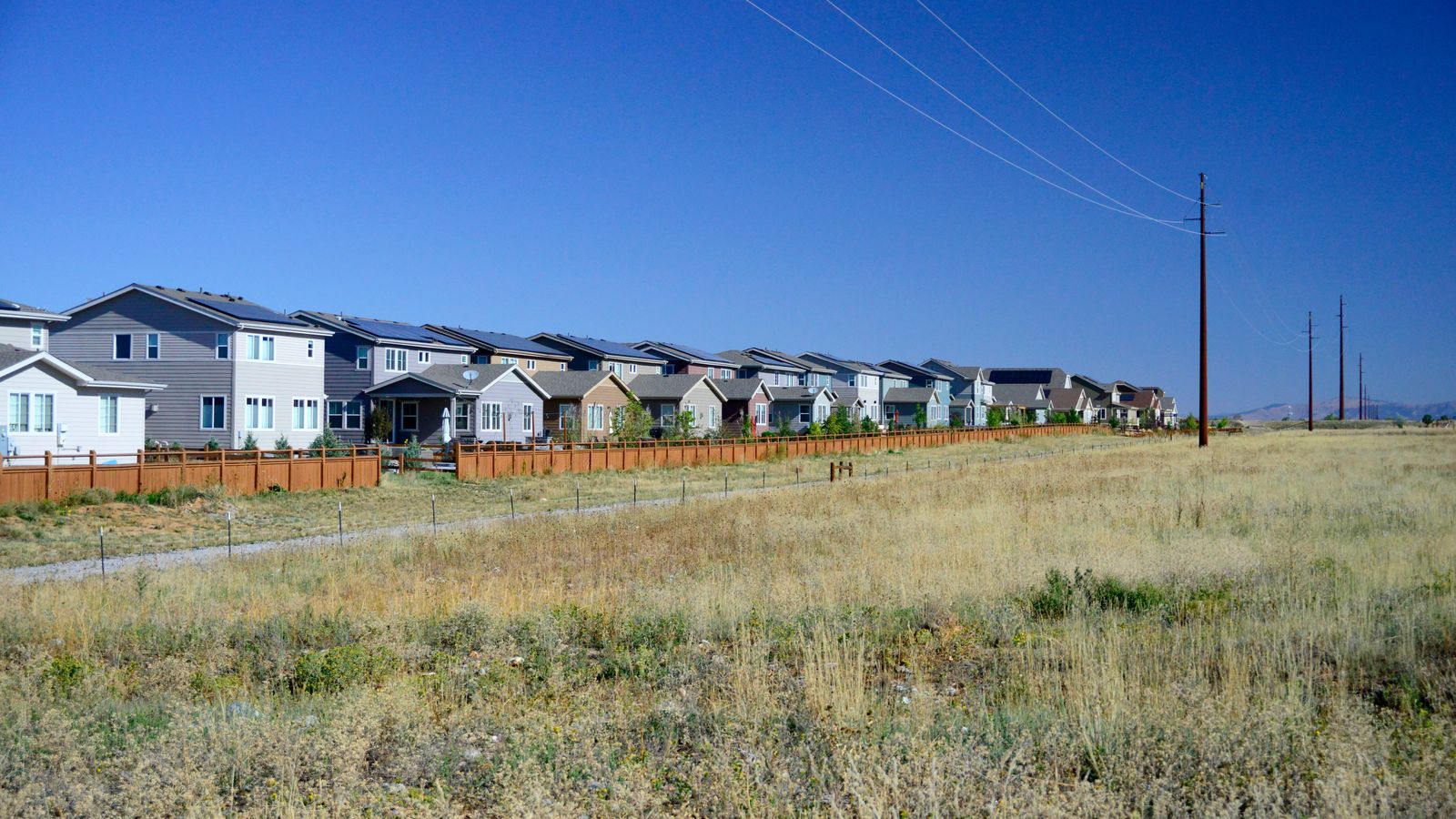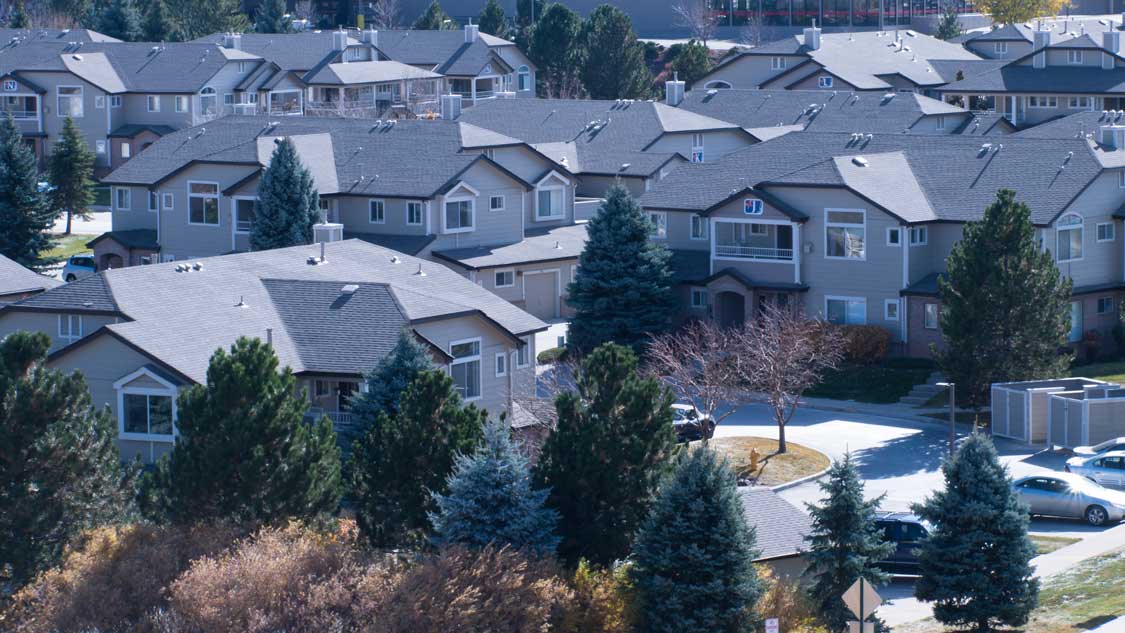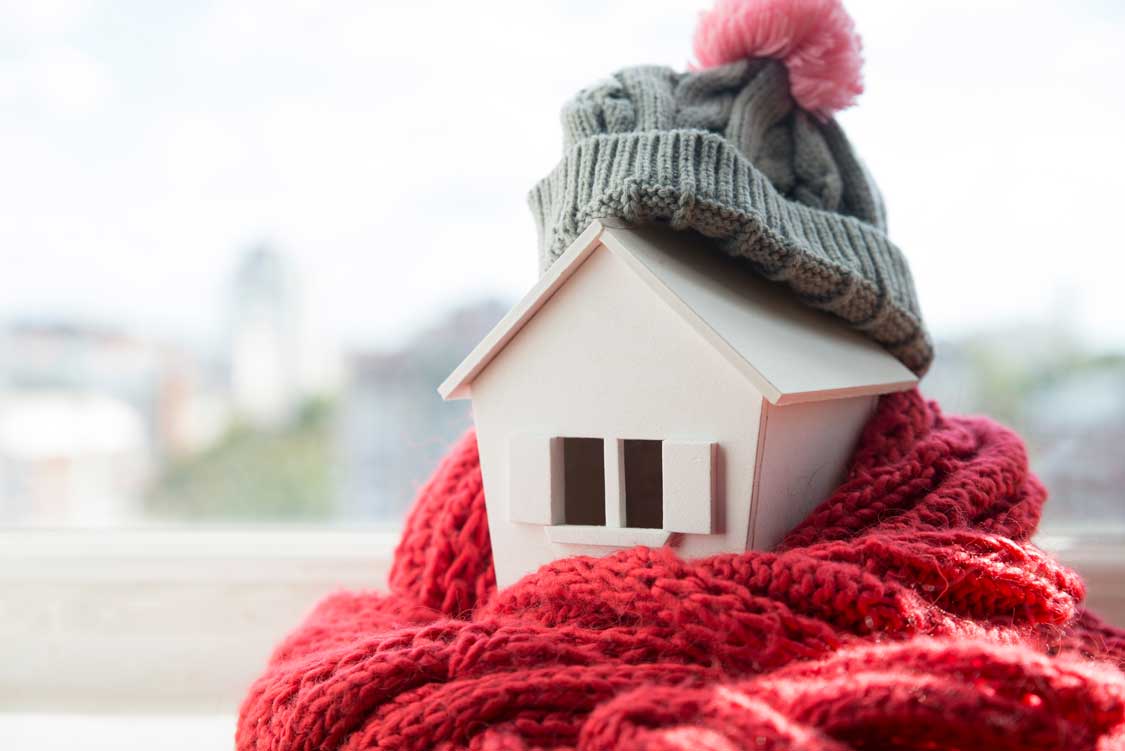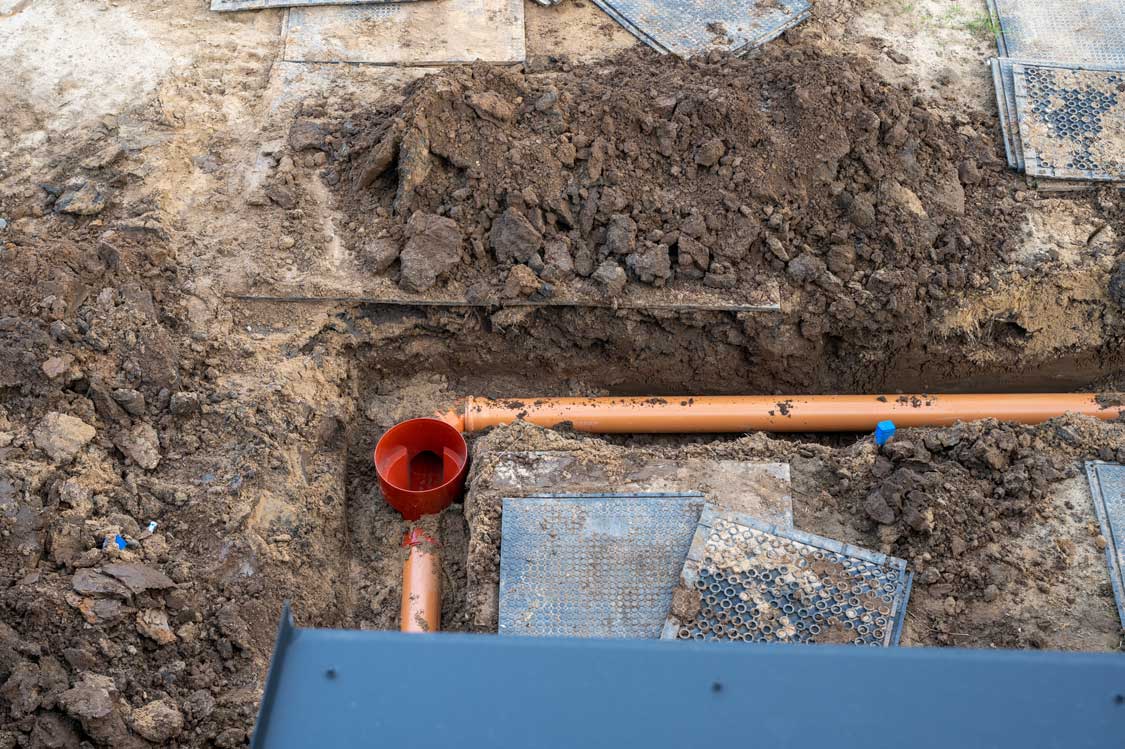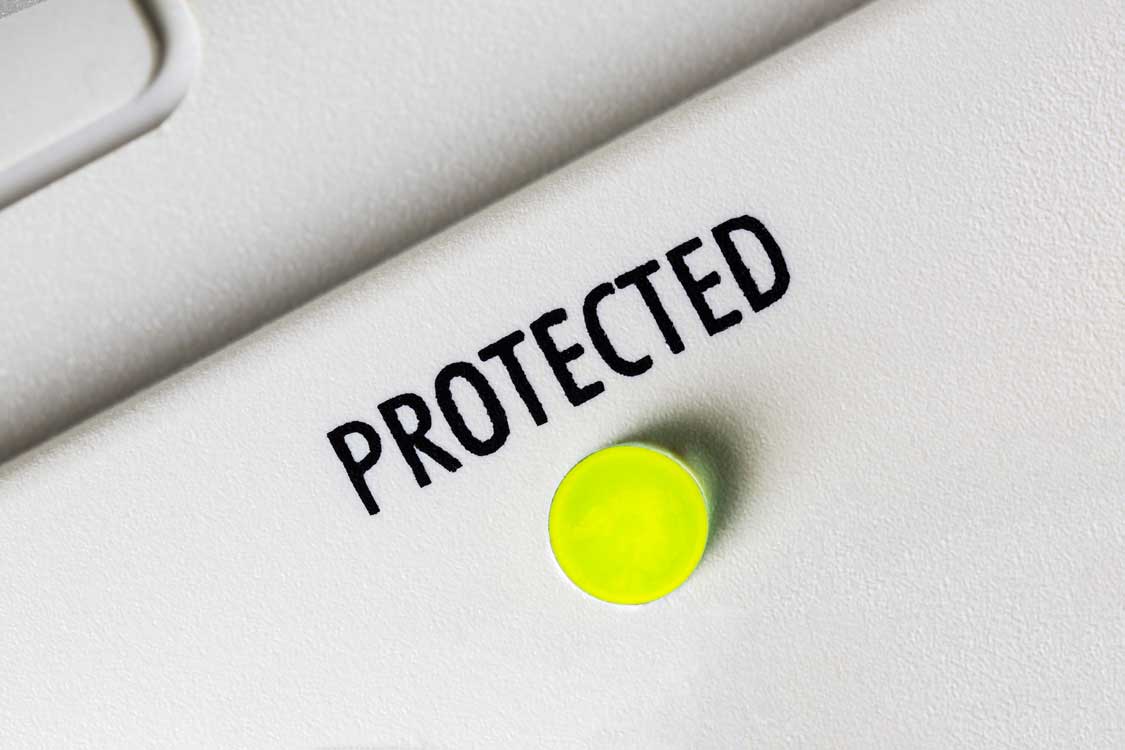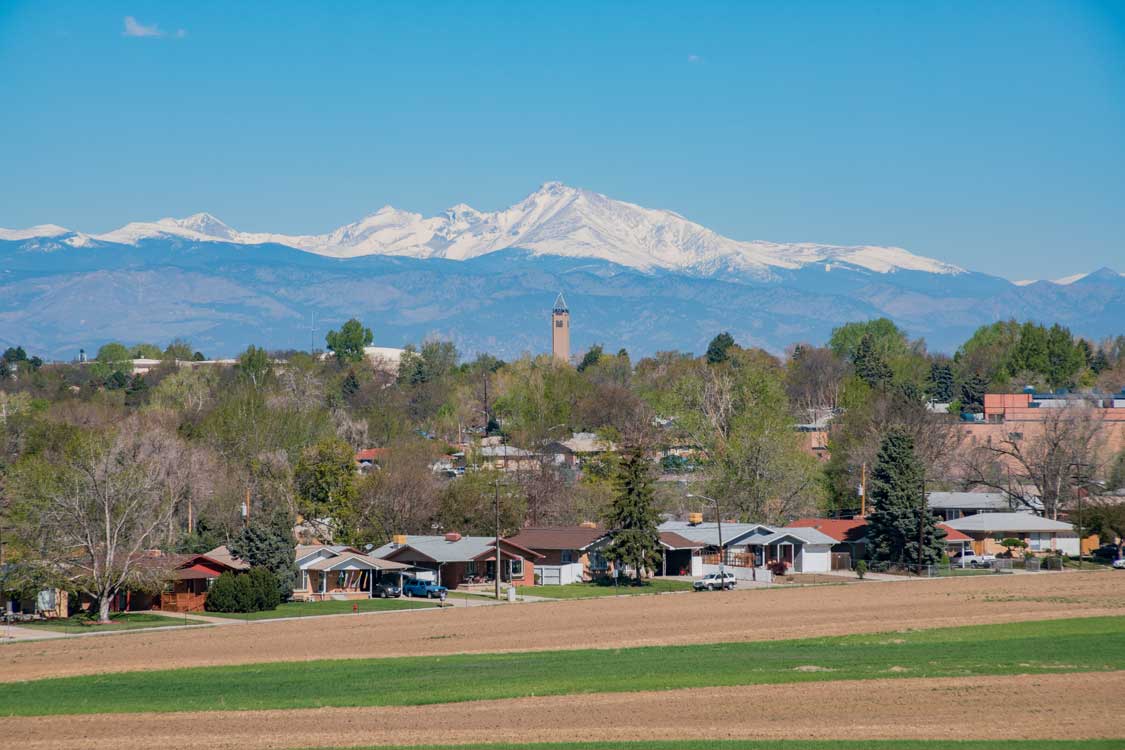If you live in the Front Range, you’ve probably noticed the effects of hard water—chalky residue on your dishes, dry skin after showering, and mineral buildup in your pipes and appliances. While Colorado’s water is safe to drink, its high levels of calcium and magnesium can lead to costly plumbing issues and inefficiencies throughout your home.
At Done! Plumbing, Heating, Cooling & Electric, we’ve been helping homeowners tackle hard water problems since 1999. Our team knows that choosing the right water treatment system isn’t always straightforward, should you get a water softener or a water conditioner? Each has unique benefits, and the best choice depends on your home’s needs.
In this article, we’ll break down the differences between water softeners and water conditioners, helping you make an informed decision on how to best protect your plumbing, appliances, and overall water quality. With the right system in place, you can enjoy cleaner water, longer-lasting appliances, and a home free from hard water damage.
Colorado’s Hard Water Challenges
Colorado’s water supply often contains elevated levels of calcium and magnesium, which are responsible for hard water. Denver and Jefferson County water sources frequently fall into the “moderately hard” to “hard” range. While safe to drink, these minerals can cause problems throughout the home. Hard water leaves limescale deposits in plumbing, clogs pipes, and reduces the efficiency of appliances like dishwashers and water heaters. Over time, these issues can lead to expensive repairs or equipment replacement.
On a day-to-day level, hard water creates other annoyances. White spots on dishes, soap that doesn’t lather properly, and dry skin or hair after showering are common complaints. Addressing hard water improves your home’s comfort and protects its systems, which is why many homeowners turn to treatment options like water conditioners and softeners.
What Is a Water Softener?
Water softeners are one of the most reliable methods for tackling hard water. Using ion exchange technology, they remove minerals like calcium and magnesium from the water. Resin beads inside the system attract these minerals and replace them with sodium or potassium ions. The result is water free from limescale-causing minerals.
The advantages of softened water are clear. Plumbing and appliances are shielded from damage, which helps them work better and last longer. Cleaning becomes easier because soap and detergents perform more effectively in soft water. Dishes shine, laundry feels softer, and skin and hair can feel noticeably improved.
However, water softeners come with some responsibilities. Regular maintenance is necessary, including refilling salt or potassium and occasionally cleaning the brine tank. The initial purchase and installation cost can be higher than other systems, and ongoing expenses like salt refills add to the overall cost. Still, in homes with significant hard water issues, many find the benefits outweigh the costs.
What Is a Water Conditioner?
Water conditioners offer an alternative for managing hard water, particularly for those looking to avoid the use of salt. Unlike softeners, conditioners don’t remove minerals from the water. Instead, advanced technologies like template-assisted crystallization (TAC) alter the structure of the minerals. This prevents them from sticking to surfaces, reducing limescale buildup in pipes and appliances.
One of the biggest draws of water conditioners is the convenience they bring. They require little to no maintenance, eliminating the need for salt refills or brine tank cleaning. They’re also environmentally friendly, producing no wastewater and reducing chemical content like chlorine in the water.
That said, water conditioners may not be as effective as softeners in homes with extremely hard water. Because the minerals remain in the water, some scaling can still occur. Additionally, the upfront cost of certain conditioner systems may be higher than a softener, which can influence decisions for budget-conscious households.
Water Softeners vs Water Conditioners: Key Differences
1. Maintenance Needs
Water softeners demand more regular upkeep, like salt refills and occasional tank cleaning. On the other hand, water conditioners offer a nearly maintenance-free experience, making them a sensible option for busy homeowners.
2. Environmental Considerations
Water softeners discharge salt into wastewater, which can be a concern for the environment. In fact, certain areas restrict the use of salt-based systems to protect water resources. Water conditioners avoid these issues entirely, providing an eco-friendly solution that aligns with growing conservation efforts in Colorado.
3. Cost Comparison
While water softeners often cost less initially, the ongoing expenses for salt and maintenance can add up. Water conditioners may have a higher upfront price, but their minimal operating costs make them a smart long-term investment. Comparing initial costs against future expenses can help homeowners decide which system fits their budget best.
4. Effectiveness for Hard Water
Water softeners are usually the better option for homes with very hard water, as they completely remove hardness minerals. This prevents scaling and offers the most thorough protection for appliances and plumbing. Water conditioners, while effective at reducing buildup, may not deliver the same results in areas with high mineral content.
Which Option Works Best for Colorado Homes?
The choice between a water conditioner and a water softener depends on water hardness levels, lifestyle preferences, and individual priorities. Homes with severe hard water or those relying on well water often benefit most from water softeners. These systems are ideal for homeowners seeking true soft water and are willing to handle the necessary upkeep.
Water conditioners are a strong choice for anyone wanting a low-maintenance and environmentally friendly option. They’re particularly appealing for older individuals who may not want to deal with heavy salt bags or for those living in areas where salt-based systems face restrictions. Local water conditions, personal preferences, and regulatory factors all play a role in finding the perfect fit for your home.
The Right Water Treatment for Your Home Starts Here
Hard water doesn’t have to be a permanent problem in your home. Whether you want the full benefits of softened water or a low-maintenance solution, the key is choosing the right system for your home, water quality, and lifestyle needs.
At Done, we don’t believe in one-size-fits-all solutions. Our team provides personalized water assessments to help you understand your home’s unique water conditions—and we’ll recommend the best treatment option based on what works for you. With expert installation, upfront pricing, and decades of experience, we make water treatment simple, effective, and stress-free.
Ready to improve your water quality? Call today to schedule your consultation today.

